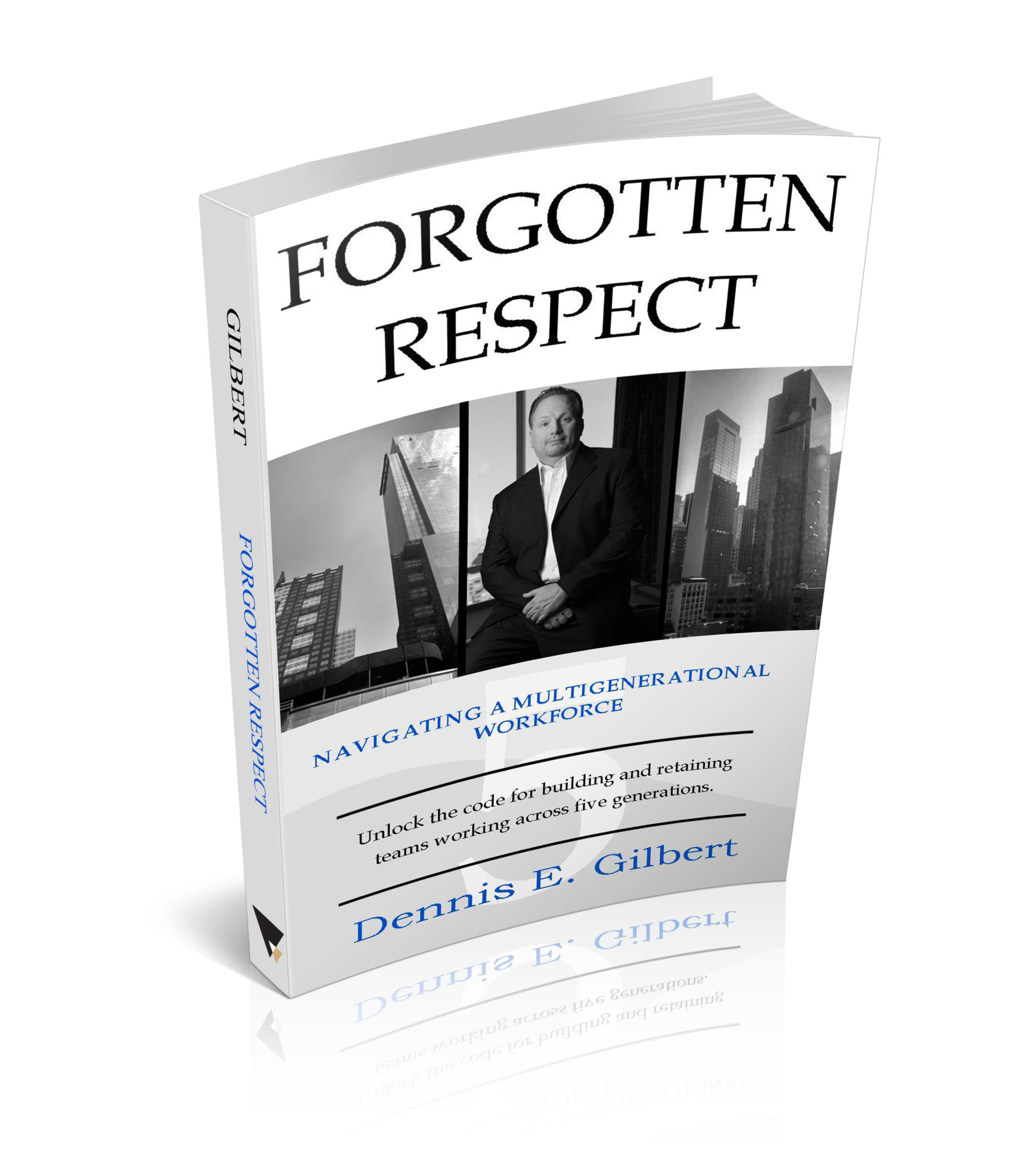
Generational Dignity, Is That What’s Missing?
The psychology of work has never been more important. Generational dignity suggests that workers on either end of the generational framework are feeling a lack of respect. Is this part of the missing link for generational harmony?
In a strong economy with low unemployment numbers are there still workers? Some suggest that there are plenty of workers in the traditional or baby boomer categories and some suggest that there are plenty of generation Z workers.
Is it true? Do workers exist on each end of the continuum that just aren’t working?
Generational Dignity
Recently, I was in a discussion with a good friend and colleague. We were discussing aspects the workforce and the availability of workers. He has some belief, which I share, that there are workers, often just not those that organizations find attractive.
One example is the people in the older generations. They often have tons of knowledge and expertise, and informal surveys suggest that they would work longer or reenter the workforce for the right opportunity.
Surprisingly, or not, that opportunity doesn’t always focus on pay. It often is the opportunity to be respected and to have dignity in their job. A department store greeter isn’t necessarily dignified, nor is the shopping cart collector. Should a person with more than 40 years of experience be doing those jobs?
Somewhat in contrast, there are often job opportunities that are more physical in nature. The manual labor jobs. The jobs that require lifting, moving, or greater physical effort. Should some of these jobs be more dignified to encourage the most recent workforce generations to perform?
Our generational challenges are often focused on differences. One of the most fundamental aspects of our workplace culture is that we all want respect (a commonality), yet we often define it differently.
Could workplace dignity make a difference?
-DEG
Dennis E. Gilbert is a business consultant, speaker (CSPTM), and culture expert. He is a five-time author and the founder of Appreciative Strategies, LLC. His business focuses on positive human performance improvement solutions through Appreciative Strategies®. Reach him through his website at Dennis-Gilbert.com or by calling +1 646.546.5553.
















